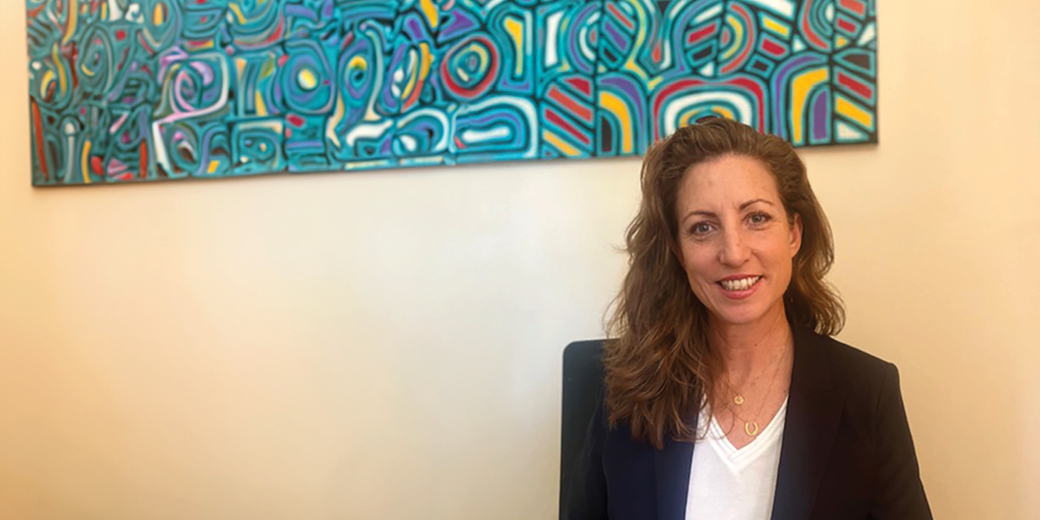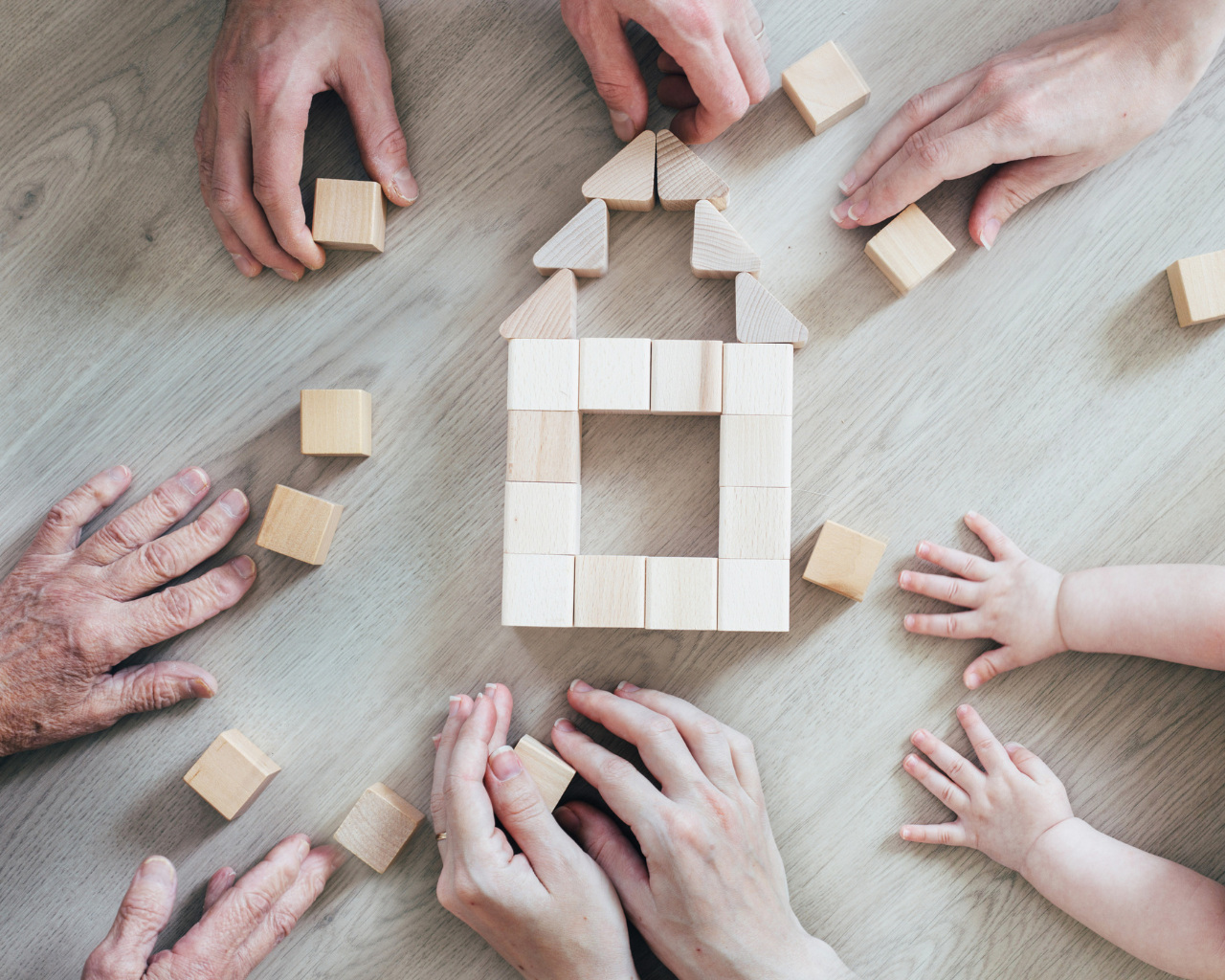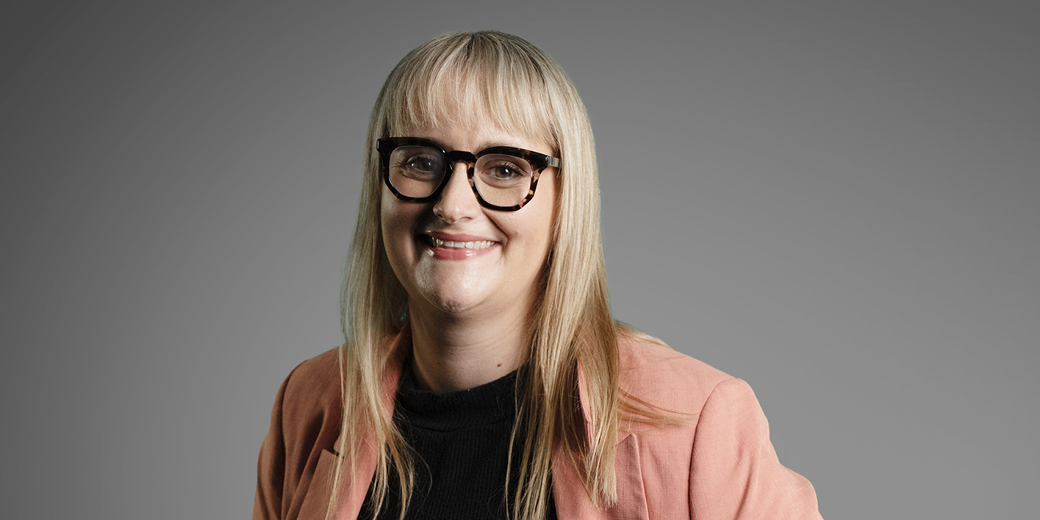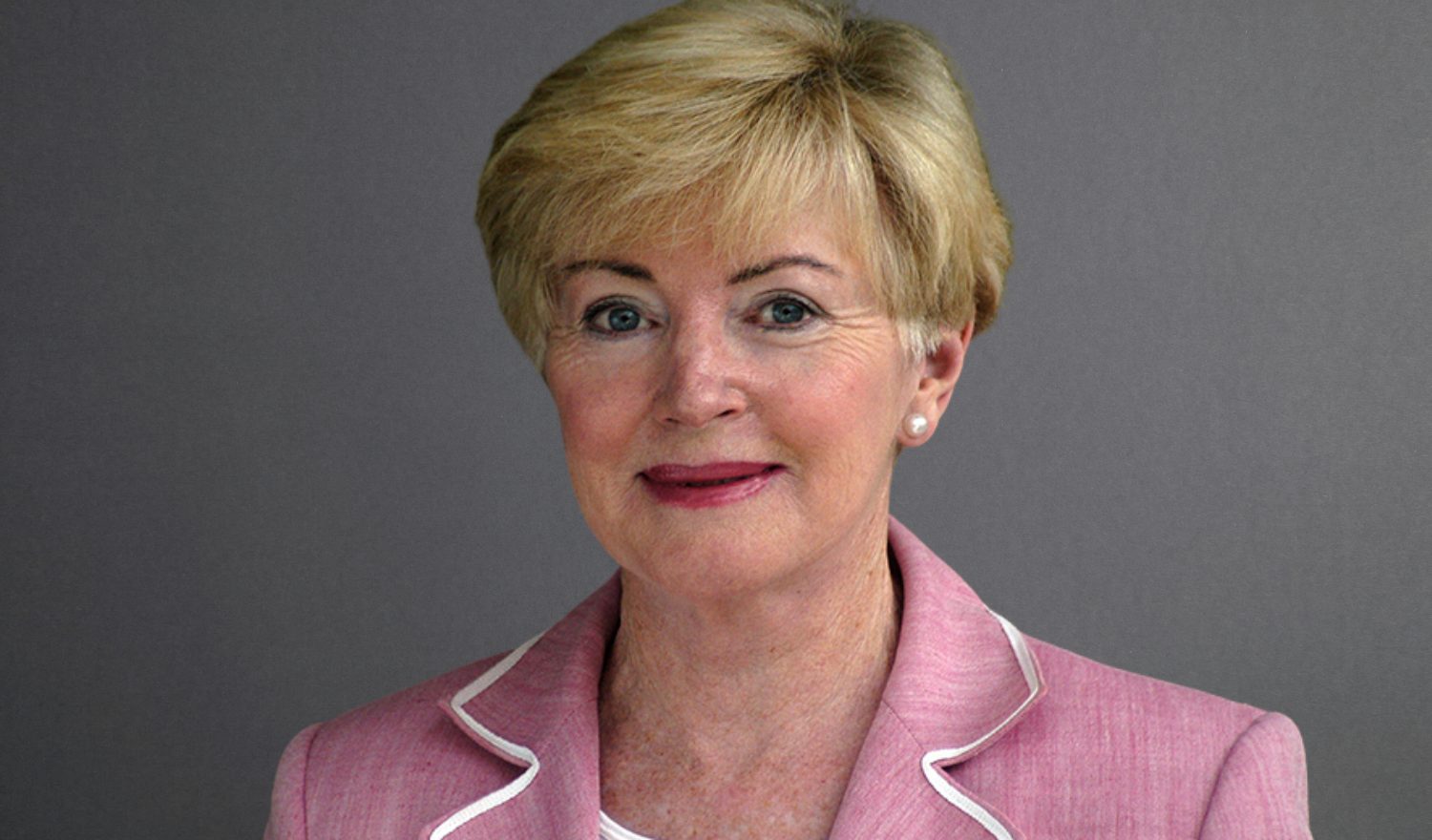The face of social justice work is changing in line with the major social, political, technological and environmental shifts of the last few years. During the pandemic our communities saw a rise in family law cases, along with a heightened demand for employment and housing advice. Today, digital and cybercrime is on the rise and then there are entire new areas of law emerging like that related to climate change.
Kristen Wallwork is a highly experienced social justice specialist dedicating more than 20 years to serving local communities. In her role as Executive Director of the South-East Monash Legal Service (SMLS) Kristen is at the coalface of emerging social justice issues. Kristen has witnessed a rise in caseload numbers and an overall demand for legal assistance, particularly in the area of family law. She is also aware of the growing impact of climate change events on local communities.
In good news, a national review is underway looking at improving funding for the Australian legal assistance sector and first-of-its-kind grants, such as the SMLS team’s climate change grant into the legal implications of climate change disaster and day-to-day impact, are emerging.
With many entering the legal sphere driven by an interest in social justice but only a small proportion pursuing it as a career, we took this opportunity to find out more from Kristen about what a social justice career can offer and what the latest trends in the industry are.
Social justice strongly resonated with Kristen Wallwork
Social justice has always been a priority for Kristen.
Her career began as a family and civil lawyer at the Sussex Street Community Law Service in Perth, Western Australia, followed by a move to the Northern Territory to work with the Katherine Women’s Information & Legal Service. Kristen then returned to Perth to join Legal Aid as principal solicitor, before accepting a role with the Aboriginal Legal Service of Western Australia as a criminal lawyer.
“I got to a point where I was either going to stay in practice as a criminal lawyer or come back into management,” Kristen says. “I was at a crossroads and then a couple of opportunities came up on the eastern coast.”
Amongst these opportunities was a role with the SMLS, taking her to Melbourne.
“When studying I was a student of a sister program at Murdoch University with SCALES, a community legal centre,” Kristen explains. “The background of this organisation having a professional practice program really resonated with me.
“You get to a point of wondering if this is really what you want to do. Law is such a text-heavy degree. It's a lot of reading and sometimes you can't see the link between all of the reading and what you see on television. So I did the professional practice unit and loved it.”
Kristen’s first supervisor noted that statistically, it was unlikely she would make social justice her career.
“My supervisor said that of the law students who leave university 10% might want to be social justice warriors but they don’t end up doing it for whatever reason. That really stuck with me. I went into private practice doing plaintiff work supporting the common person, but I quickly became disillusioned by how it looked in reality.”
After three years Kristen left private practice and started working for a community legal centre.
“Now, having worked in the community legal sector for over twenty years, social justice is my priority and commitment in my professional career.”
Serving high caseloads through impact-driven social justice
“Demand for our services will always outstrip supply,” Kristen explains. “There's currently a review into the National Legal Assistance Partnership (NLAP), which is looking at funding to the legal assistance sector around Australia.”
The Independent Review of the National Legal Assistance Partnership 2020-2025 - Final Report - is due to be released 29 February 2024, with its findings informing decisions on future funding arrangements for legal assistance. According to the review website, NLAP is, “focused on improving keeping the justice system accessible for vulnerable people facing disadvantage and improving outcomes.”
Funding and increased demand from community members were raised as the two key challenges facing community legal centres (CLCs) in the March 2022 Community Legal Centres Australia report.
“You’re never going to solve that problem perfectly. Yes, we need to constantly remind governments that funding is a requirement but it’s also about how we measure impact, and how we measure outcomes. Can we do things differently to have greater impact, or more outcomes?” Kristen says.
“We’re not going to be able to service everyone in our region and we are constantly navigating capacity issues. But what we do, do, is put a great effort into ensuring a bigger impact. This means individuals might have longer term outcomes that are sustainable. This is why we have an integrated practice. Unlike dealing with one specific issue and ticking that box we see our clients as having very complex situations.”
This is particularly true of clients in family law, who might be experiencing family violence or sexual assault. In the SMLS’s 2020-21 report, the service saw a 28% increase in family law matters including domestic violence.
“If you can start to address a cluster of issues, the outcome for a client will be more sustainable and meaningful,” Kristen explains. “We feel that we’re seeing greater outcomes by looking at the question of impact.”
Ground-breaking grant into legal impacts of climate change
Kristen and the SMLS team recently received a grant to investigate the legal implications of climate change.
“To be honest, this is very new to us,” Kristen says. “It’s an emerging area which is really exciting, particularly in Australia. The social sector is leading some of this work around climate justice, disaster management, disaster relief and disaster preparedness.”
“An example of this is in the case of floods. Issues that arise include insurers not responding and people without housing can’t get onto Centrelink.”
Part of the sector’s work involves establishing systems and service providers so that when climate change disasters occur, there’s an immediate response giving people access to the support they need. Beyond climate disasters the SMLS is considering how climate change will impact day-to-day legal issues.
“We know the climate is changing. You can no longer say ‘Melbourne’s weather is X’ or ‘Sydney’s weather is ‘Y’,” Kristen points out.
Ever since securing the grant the SMLS team has attracted attention from other organisations, both legal and social, also investigating how day-to-day life will be impacted by climate change.
“Ours is probably the first funded investigation to test increased legal issues,” Kristen explains. “One legal issue would be increased bills. You can't afford to pay them because they're exponentially bigger. Is there a nexus with climate change [climate justice]? We would look at whether you're living in inadequate housing, which means you don't have efficient systems around heating or cooling. As a consequence, you have bills that are not sustainable, and so you get into debt. So, the legal issue is debt, and inadequate housing for the climate is the nexus between climate and causation.”
Another example is rising insurance premiums.
“It’s most often the most vulnerable communities who are impacted,” Kristen says. “Our work in Melbourne is very multicultural - 70% of our clients come from CALD (‘culturally and linguistically diverse’) backgrounds, many from refugee or asylum seeker backgrounds.
“As traditionally happens in cities, these groups get pushed out further and further, because that’s where the cheaper housing is, new developments (often without appropriate environmental factors e.g. tree coverage). These are the kind of things that could assist in people having sustainable lives from an economic perspective or better supported to live in lower impact climate risk areas. That’s how insurance goes up and up.”
According to Kristen this is a very exciting area of law, “While there’s a lot of work unfolding in this area – watch this space!”
An opportunity to support the community
Kristen has interviewed many job applicants over the years. She always asks, “Why do you want to work with us?” And many say they love the work and want to give back.
“I’m not a fan of that response. I don't do it ‘to give back’, it sounds too ‘us and them’,” Kristen explains.
Rather, she looks for people who want to advocate on issues like the over-incarceration of Aboriginal people, or those who want to help influence policy or legal change by government.
“That’s brilliant, if you want your work to be about this, then this is where you want to be.”
“I come from a legal background so it’s in the family,” Kristen says. “My parents worked hard and had a lot of children. They weren't earning millions of dollars, but at the same time I was very fortunate to get a good education. It was a priority for my family that we were educated. I'm obviously articulate and can articulate for others. So, I wanted to use the opportunity that I have been given to support the community somehow.
“I have an Irish Catholic background, which is both very community oriented, but also very social justice minded. I'm not religious but that's my upbringing. I've never done this work thinking, ‘Oh, I'm amazing!’ or patting myself on the back when something went right."
For Kristen, the work is innately engaging.
“I loved my time working in the Northern Territory and the north of Western Australia. I got to engage intimately with Aboriginal communities. It was so humbling to learn and reflect on both First Nations culture but also the impact of their experiences.”
Another benefit from Kristen’s point of view is that the work provides an opportunity for reflection.
“In this sort of work there are so many opportunities to think about life and what goes on in our world,” Kristen says. “Sometimes it's small cases, without particularly complex issues, that trigger some of the best reflections, both about what's going on in the world and what's going on in your own world. How do we behave?”
One of Kristen’s biggest learnings?
“I’ve learned there’s just one thing you need to do in life that will make things better for most people. Be kind,” Kristen says.
“I love the idea of thinking about how we relate to the community and with each other. And I think this is an incredible context in which to do this.”
As Executive Director of the SMLS Kristen has the opportunity to apply what’s worked over the course of two decades’ experience at a more strategic level.
“I’m a very strategically minded person and I love working on vision,” Kristen says. “Once in a very blue moon these days I have contact with a client and there's something genuinely rewarding about being back on the tools... You know, just sitting in a room chatting to a client.
“They're there to share their story and they're trusting you. There's something really amazing about that exchange. You are able to come up with some possible solutions. That's a very special moment. I do miss it and when I do it I’m reminded, ‘Oh, that's why I became a lawyer!’”
But as a leader, Kristen acknowledges she doesn’t do her work in isolation and that is one of the most rewarding parts of the job.
“I’m not a ‘me’ person. I love being part of a team and all the components of the team,” Kristen says. “The intake workers that support us, the community development workers, our social workers, our students, our law students, social work students and all of our various lawyers.
“I think being part of a team is an integral part because you wouldn't survive otherwise, you're constantly absorbing challenging and complex stuff. I think we share that load and bring lots of different ideas to solving problems.”























































![How to handle Direct Speech after Gan v Xie [2023] NSWCA 163](https://images4.cmp.optimizely.com/assets/Lawyer+Up+direct+speech+in+drafting+NSW+legislation+OCT232.jpg/Zz1hNDU4YzQyMjQzNzkxMWVmYjFlNGY2ODk3ZWMxNzE0Mw==)


























